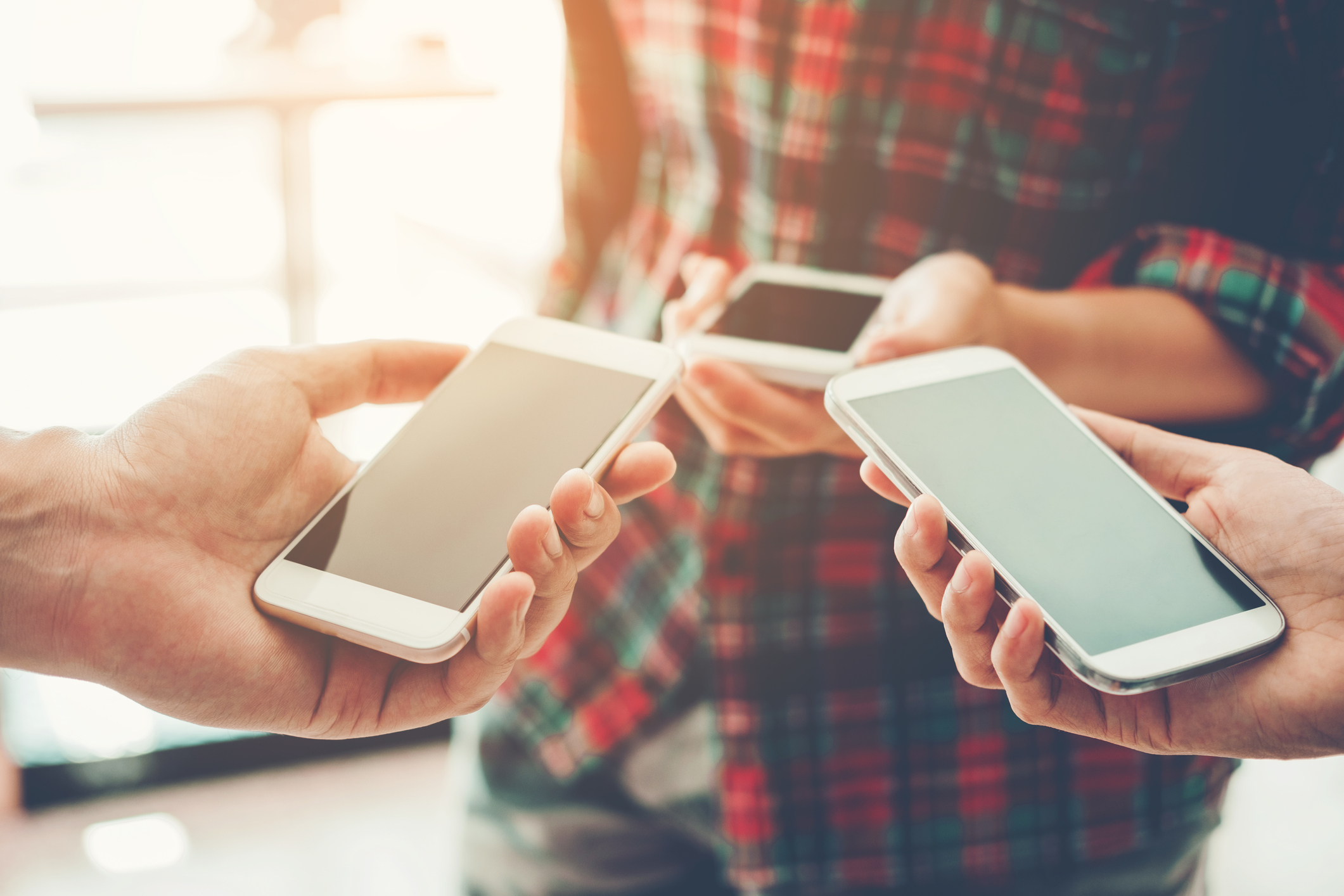How Dollar General is unlocking the benefits of BYOD on the frontlines
Bring your own device (BYOD) policies are relatively common in corporate settings these days. But when it comes to letting frontline employees use their personal devices on the floor, some companies just aren’t sure where to start.
On top of regulations that vary by location, frontline BYOD policies tend to raise a pile of questions. What if we let associates use their phones and they text or scroll TikTok on the clock? What if they ignore customers because they’re distracted by their phones? What if productivity goes down?
And yet, for companies that successfully introduce BYOD policies, the benefits for frontline training, engagement and communication far outweigh the perceived risks. Dollar General is one great example of a company that’s already capitalizing on the power of BYOD in their distribution centers, with plans to rollout “learning in the aisles” going forward.

Frontline development meets personal devices at Dollar General
The U.S. retailer recently launched their learning platform, Elevate powered by Axonify, and with it a BYOD policy that’s set to transform the way employees receive training, communications and career development. The program, which will span nearly 17,500 stores and 27 distribution centers across 46 states, will give each of Dollar General’s 157,000 frontline employees access to learning at their fingertips.
How can retailers get past the “what ifs” and build a highly successful BYOD program? Kathy Reardon, EVP and Chief People Officer of Dollar General, says ultimately it’s about letting go of the fear. She joined us at AxoniCom LIVE 2021 to chat with Axonify co-founder and CRO, Christine Tutssel, about Dollar General’s unique approach to learning and how they’re fueling growth through employee development.
Bringing learning to the aisles
Dollar General is known for their commitment to serving communities across America by investing in the learning and development of employees and their families. The retailer’s BYOD policy is a big part of how they intend to keep delivering on their promise of employee inclusion and growth—an approach that Kathy says is all about “meeting people where they are and creating training programs that bridge that gap from where they are to where they want to be.”
Meeting people where they are isn’t just about connecting with employees on their level, it’s also quite literally about giving workers the resources to succeed in the moment they need support—on the floor. With training on their mobile devices, “the learning is customized to them, there’s instant feedback about how they’re doing as they’re going through their learning journey and, probably most important for us in the small-box model, is that learning-in-the-aisles component.”
For frontline employees, “being able to pull up a quick one-minute learning module on their personal device while they’re in the aisles is very powerful. Because building confidence early on in an associate’s journey is important, and they don’t always want to have to go to the back room for that learning, to sit in front of a computer. They just want that 30-second refresher.”
Help your frontline perform their best in the moments that matter
Letting go of old paradigms
How can companies get over the fear of “opening the floodgates” with a BYOD policy? Kathy admits that it can feel daunting, but ultimately it’s about letting some old habits go, getting creative and breaking traditional paradigms about how work on the frontlines needs to happen.
Supporting this mindset shift with strong internal communication about what you’re trying to achieve with a mobile device policy keeps everyone on the same page. And, of course, having a good partnership with the legal team is critical.
“From a legal perspective, having much of what [employees] do be voluntary is important. So the employee signing off that they understand that they’re using their personal device for work reasons, that they’re willing to do that, is important. And then setting really good boundaries about what that looks like.”
Transforming engagement and communication
Encouraging frontline employees to use their personal mobile devices for, not just learning, but also support and communication at work is also important to Dollar General. “When you have rural stores like we do, it’s important to keep those connection points,” Reardon says.
Through COVID, Axonify and Elevate have helped Dollar General stay in touch with their employees. Reardon says she’s looking forward to using the platform to get information in the hands of associates in the moments that matter most. For example, if there’s a snow day, frontline employees will be able to see through their own devices that shift start has been delayed. “I think the communication piece is going to be really phenomenal for us,” she says. “[It’s going to] help with, not just learning, but engagement in a big way.”
